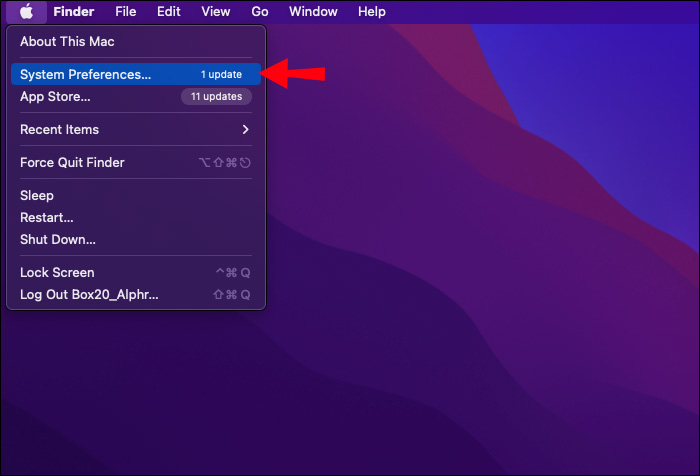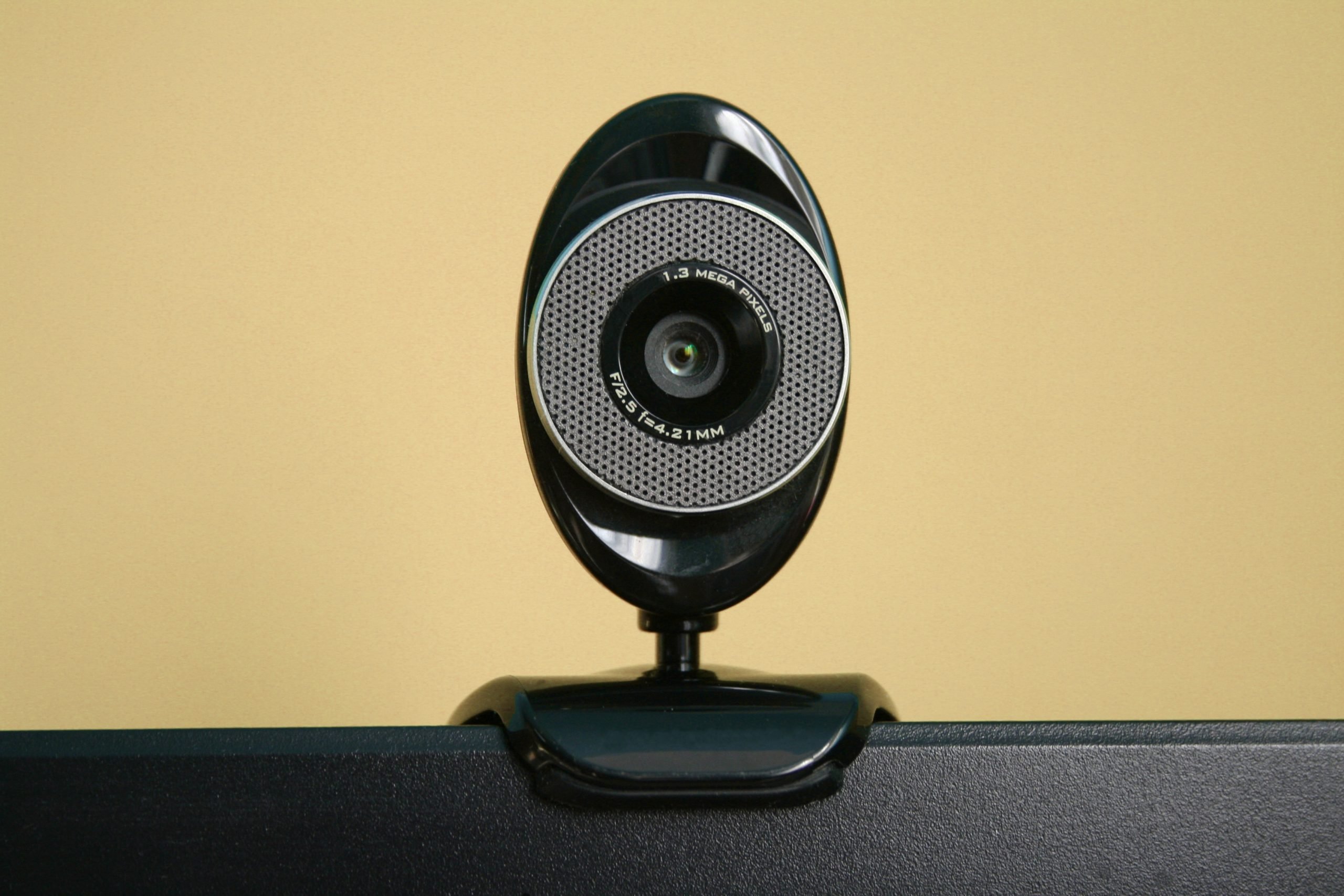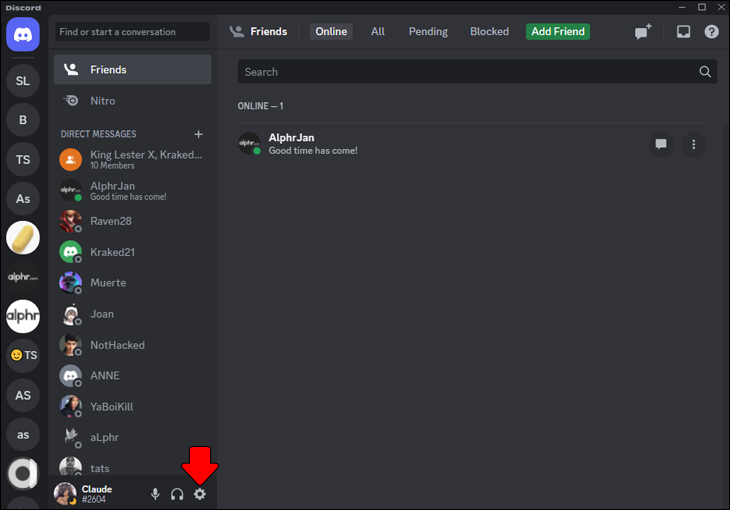Discord is an excellent resource for gamers worldwide. You can talk to your friends, create chats, and stream all in one place. But, if your webcam isn’t working with Discord, you’re limited to what you can do on the app. Contrary to what you may be thinking, your webcam issues may not be hardware-related, however, there are rare cases of hardware-related issues, so make sure to test your webcam for visible damage.
There are a few simple things you can try to get the app to recognize your webcam.
Read on for tips, tricks, and solutions that will get your webcam working in no time. Note that most of these issues stem from software-related bugs or a lack of updates.
Troubleshooting
Before we dive into the possible solutions, let’s take a moment to make sure that your equipment is working correctly. A few minutes of troubleshooting can save you a headache later on. Essentially, what we’re trying to do first is narrow down the root cause of your camera woes.
Here is a list of things you’ll want to check first:
- Is your web cam working with other apps? – To quickly narrow down the problem, open another application on your device and see if the web cam is working properly. If other apps aren’t detecting your web cam, start with your system’s settings and perform a system update if possible. Then, retry the web cam.
- Is your internet working? – If you’re trying to live stream and your web cam is having issues, the root cause may be related to internet connectivity. Run a speed test to ensure that your internet connection is both fast and strong.
- Is Discord having problems? – There’s not much more infuriating than when you’ve gone through a million solutions only to find out that the application you’re using is having a system-wide outage. Check the DownDetector website for similar complaints first.
- Have you tried a reboot? – Whenever you’re having issues with Discord or your web cam, it’s always a good idea to restart your computer and Discord. This simple solution is often the only fix you need.
- Is everything up-to-date? – Outdated software can cause problems. Regardless of your OS, check for updates. Also, is the Discord app or web browser you’re using out of date?
- Are your USB ports working? – If you’re using an external webcam, try plugging it into another USB port on your computer. The problem could be as simple as a port that isn’t working.
The majority of solutions are easy to spot once you’ve run through the list above. Even still, you may need more help narrowing down the problem and, ultimately, the fix. If Discord isn’t down, your internet is working, and your webcam is working properly with other apps, keep reading.
Webcam Fixes
Even though you need to update your webcam drivers regularly anyway, here are some particular fixes that can solve your issue on Discord. Start with changing the method you use Discord. So, if you are using the browser version, download Discord for your device, and vice-versa.
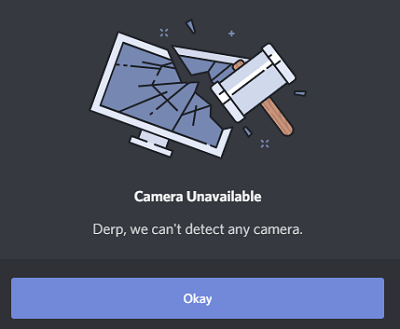
Uninstall Discord and the Camera
Whether it’s outdated drivers or outdated software, a quick uninstall and reinstall can fix a lot of problems. You can uninstall Discord from your computer and reinstall it using the above link. Additionally, the official Discord team suggests removing your webcam from your Device Manager.
When you remove your cam, you can easily reinstall it. Follow the instructions:
- Open up Device Manager by right-clicking the Start menu and selecting it from the menu.

- Find your webcam, right-click on it, and then select Uninstall device.

- Your camera will be removed from your computer. Disconnect it and connect it again. Go through the setup as you did before.
- Try using your webcam in Discord again.
The complete reinstall should do the trick for the Discord part. If the issue persists, continue applying the general fixes until your webcam starts working once again.
Turn on App Permissions
Similar to your cell phone or tablet, Discord may just need permission to access your system’s camera. To turn on the permissions (or check that they’re already on), do this:
Windows
- Using the Win + I keyboard shortcut to open Settings and click on Devices or just type “App Permissions” into the search bar and click on the option for your camera.

- Scroll down in the right-hand pane and toggle the option for Discord on if it isn’t already.
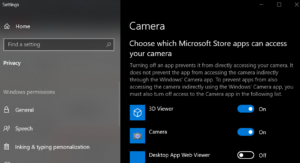
Mac
- If you’re using a Mac, head over to System Preferences (click the Apple icon in the upper left-hand corner of your screen).

- Now, click on Security & Privacy. Then, check that Discord has access to your camera. If the box next to Discord isn’t checked, click the lock icon in the lower-left corner. Then, check the box next to Discord to allow camera access.

If the permissions were already on, don’t worry. We have more fixes below.
General Webcam Fixes
After making sure that your webcam is undamaged, test it with another app that requires a camera. The best one for testing is the built-in camera app. Follow the instructions to verify your camera quickly on a Windows computer:
- Make sure that you have connected your camera successfully unless you have a built-in laptop webcam.

- Hit the Win key on your keyboard and search for the Camera app in the Start menu.
- Select the Camera app, and it will start automatically.
- If the camera app is working, your issue is on Discord’s part.
- If your camera is not working, you will see a screen like this:
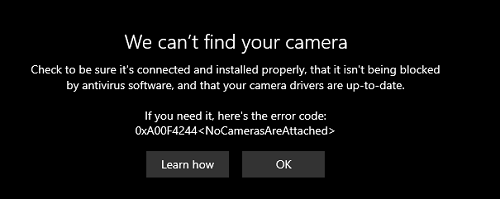
Listen to Windows and disable any antivirus software that may be preventing your camera from recording. If your camera is connected correctly and nothing is blocking it, maybe it needs a driver update.
Update the Webcam Driver
Updating the webcam driver is a walk in the park on a Windows computer with an internet connection. You can get the update manually, using the Device Manager:
- Open up Device Manager by right-clicking the Start menu and selecting it from the menu.

- Find your camera in the list of devices, right-click on it and select the Update driver option.

- Let your computer search for automated updates.
You can use a third-party app for updates if necessary. Note that most of them aren’t free. These programs search for updates automatically and let you update all of your drivers with a click of a button. While not free, the best options among them are well worth the price.
You can also use Auslogics to make a single driver update for free. Each subsequent driver update will take longer, extending the time you need to wait for updates. It’s not perfect, but at least you can use it for free.
Update the Graphics Driver
You can also try resetting your computer after the driver update. If your camera driver update doesn’t help, perhaps the GPU update will.
Your graphics card is responsible for displaying the picture on your computer screen, so it makes sense it could be liable for any visual bugs or problems.
If you are an NVIDIA user, visit the official downloads page, select your graphic card series, OS, etc. and download the latest update. In case you use AMD graphics, visit their official drivers and support page. There, you can select your graphics card and get the update you need.
Sure, you can also use the dedicated graphics software by Radeon or NVIDIA, which will update your graphics drivers automatically. The choice is up to you; both manual and automated updates work smoothly.
Turn Off Hardware Acceleration
Hardware acceleration is a feature that routes certain tasks to your GPU to improve performance. However, some users have found that it causes problems with their webcam. If none of the other options listed above have worked for you, try this:
- Open the Settings in Discord by clicking the Settings cog at the bottom (next to your username).

- Then, click Appearance and scroll down and toggle the option for Hardware Acceleration off.
Now, recheck your webcam.
Final Thoughts
Those were the best solutions you can use to fix your webcam issues on Discord. Make sure to check if your webcam works in other apps before jumping to any conclusions. If none of the above worked for you, consider rebooting or updating your system.
If you’re using an external camera, try unplugging it from the USB port, then plug it back in. If it’s getting a poor connection, this may help.
System updates are essential, and so are individual driver updates. Keep your drivers up to date, and all your devices should work flawlessly. Have any of these methods helped bring your webcam back to life? Was it a hardware or a software-related problem? Feel free to leave a comment below in the comments section.
Disclaimer: Some pages on this site may include an affiliate link. This does not effect our editorial in any way.


